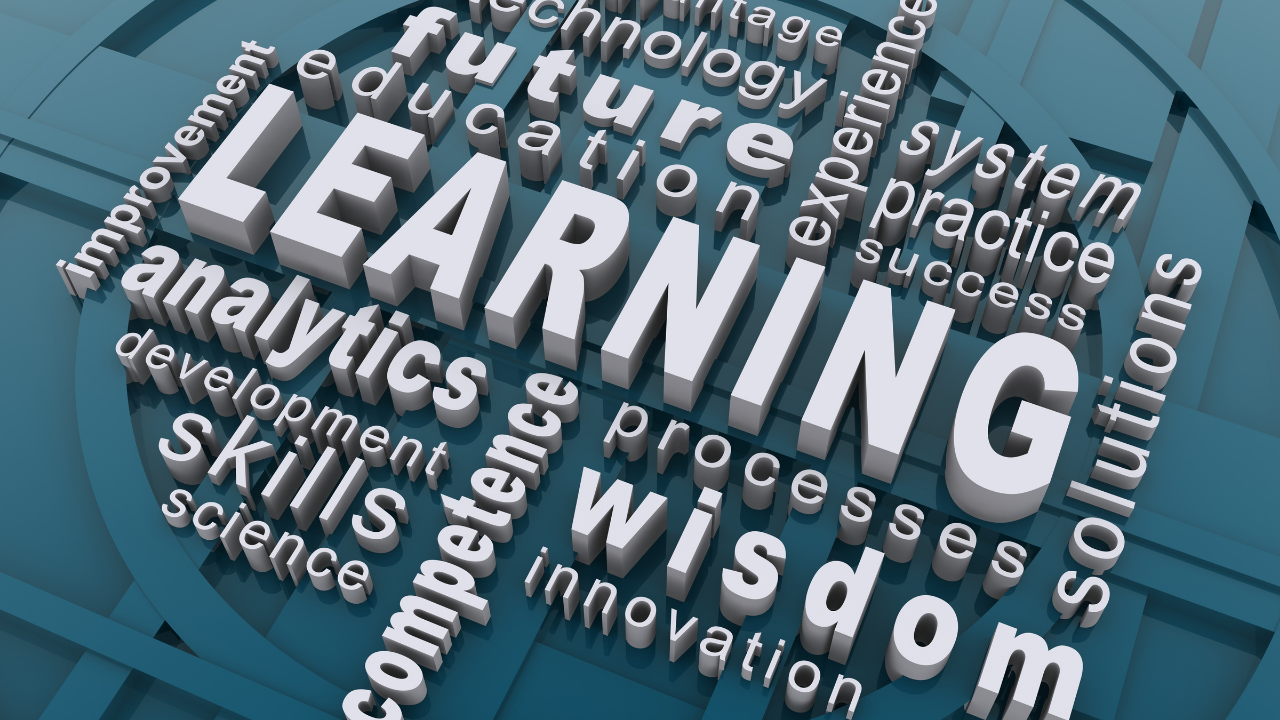How To Foster Learning And Adaptability?

In this post, I mentioned the skills individuals would need to master to adapt to the future of work. However, in their book, The Adaptation Advantage: Let Go, Learn Fast, and Thrive in the Future of Work, Heather McGowan and Chris Shipley argue that mastering those skills is not enough. The authors mention that we also need to develop an agile learning mindset, build resilient identities, and focus on uniquely human skills.
The major shift that must occur is the move by organizations from “scalable efficiency” to “scalable learning,” which means creating new value rather than extracting value with limited resources. When companies aim for scalable efficiency, their goal is to produce goods faster, cheaper, and more efficiently. Organizations optimize every aspect of the production process. The “scalable efficiency” model worked well when product lifecycles lasted many years, and workers could learn and refine their skills in performing similar tasks over a long period of time.
In the digital economy, product lifecycles are short, and processes become obsolete very quickly. Focusing only on efficiency can cause a business to fail once the marketplace changes. Instead of aiming for efficiency, the organization should foster learning and adaptability, adjusting to changes as they come.
Boston Consulting Group (BCG) published a paper, Competing on the Rate of Learning, which describes the historical phases of the learning organizations. The first-generation of learning companies concentrated on learning how to perform existing processes more efficiently. The second-generation of learning companies, in addition to optimizing efficiency, also started to explore the development of new products.
The third-generation of learning companies used the “autonomous learning loop.” These companies relied on sensors, artificial intelligence, and platforms to collect data and make real-time decisions. In this scenario, humans complemented technology by integrating their uniquely human skills into an automated data process and making meaning of the information.
During the time when the “scalable efficiency” model was the norm, individuals worked on deepening their knowledge and expertise. However, when change accelerates, the value of expertise can become a detriment rather than a benefit. In a 2015 study, Yale researchers Matthew Fisher and Frank Keil found that the more expertise we acquire, the less open we are to questioning what we know, and the more reluctant we are to adapting to new methods.
Unlearning is not something we are taught to do. Unlearning requires a level of vulnerability, comfort with ambiguity, an openness to failure, and an acceptance of not knowing. Not everyone is willing to let go of knowing, bypassing their ego, or forgoing being an expert. Similarly, not many people are willing to shun conventional wisdom and consider something new.
McGowan and Shipley identify four aspects of a learning mindset: agency, agility, awareness, and adaptability. Agency is the ability to act independently and to make your own choices. Agility is the capacity, described above, to learn and unlearn. It is founded in our learning styles and how we process new information, develop new knowledge, and discard the information that no longer serves us or is useful.
Adaptability helps us navigate ambiguous life and work situations and tackle challenges when not all the information is known or clear. While awareness starts with an understanding of self, it extends to the social environment and marketplace. Individuals must develop an awareness of the changing business needs to be able to create value in new ways.
Learning mindset and adaptability, especially, are becoming a non-negotiable in the future of work.
